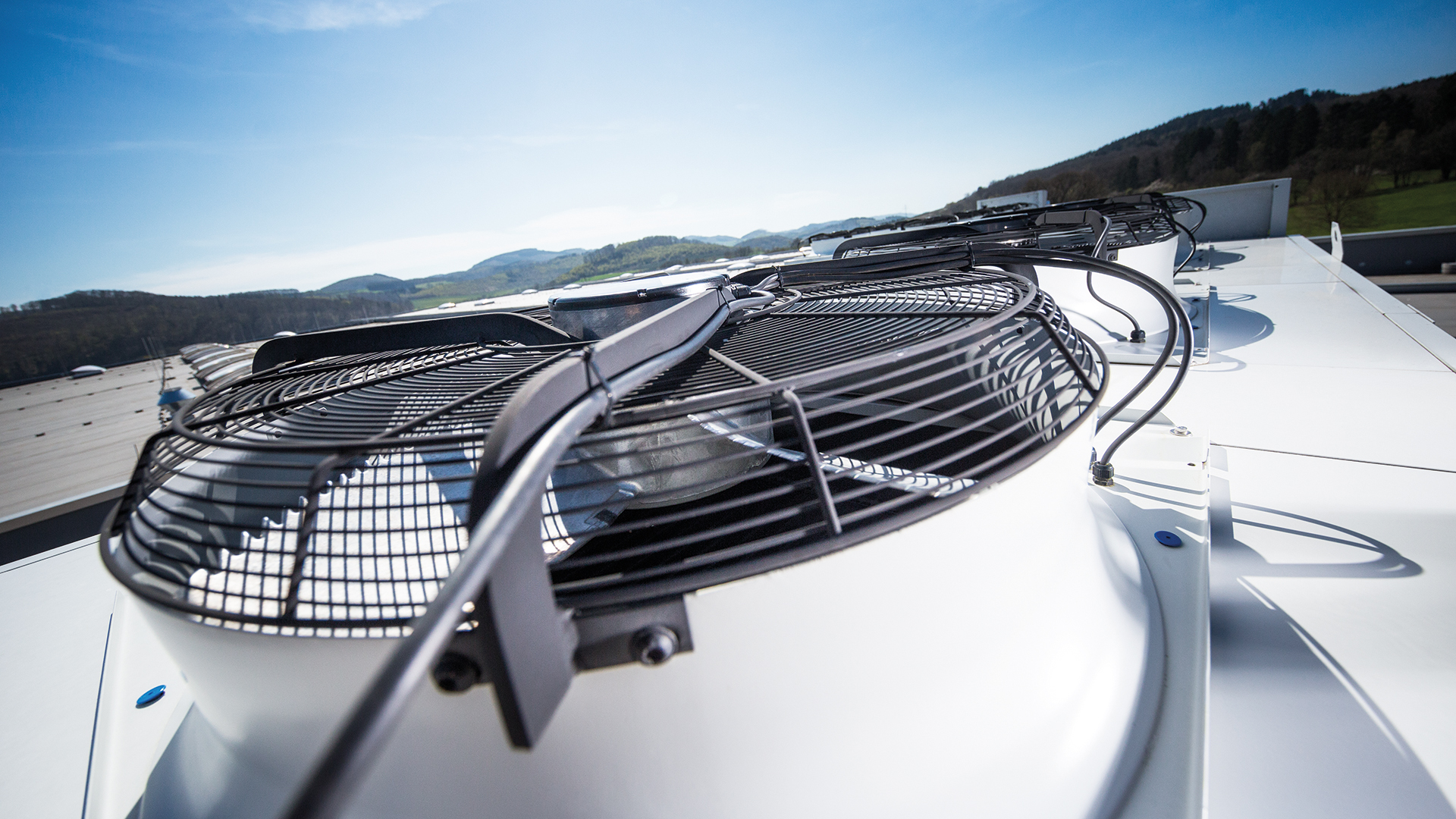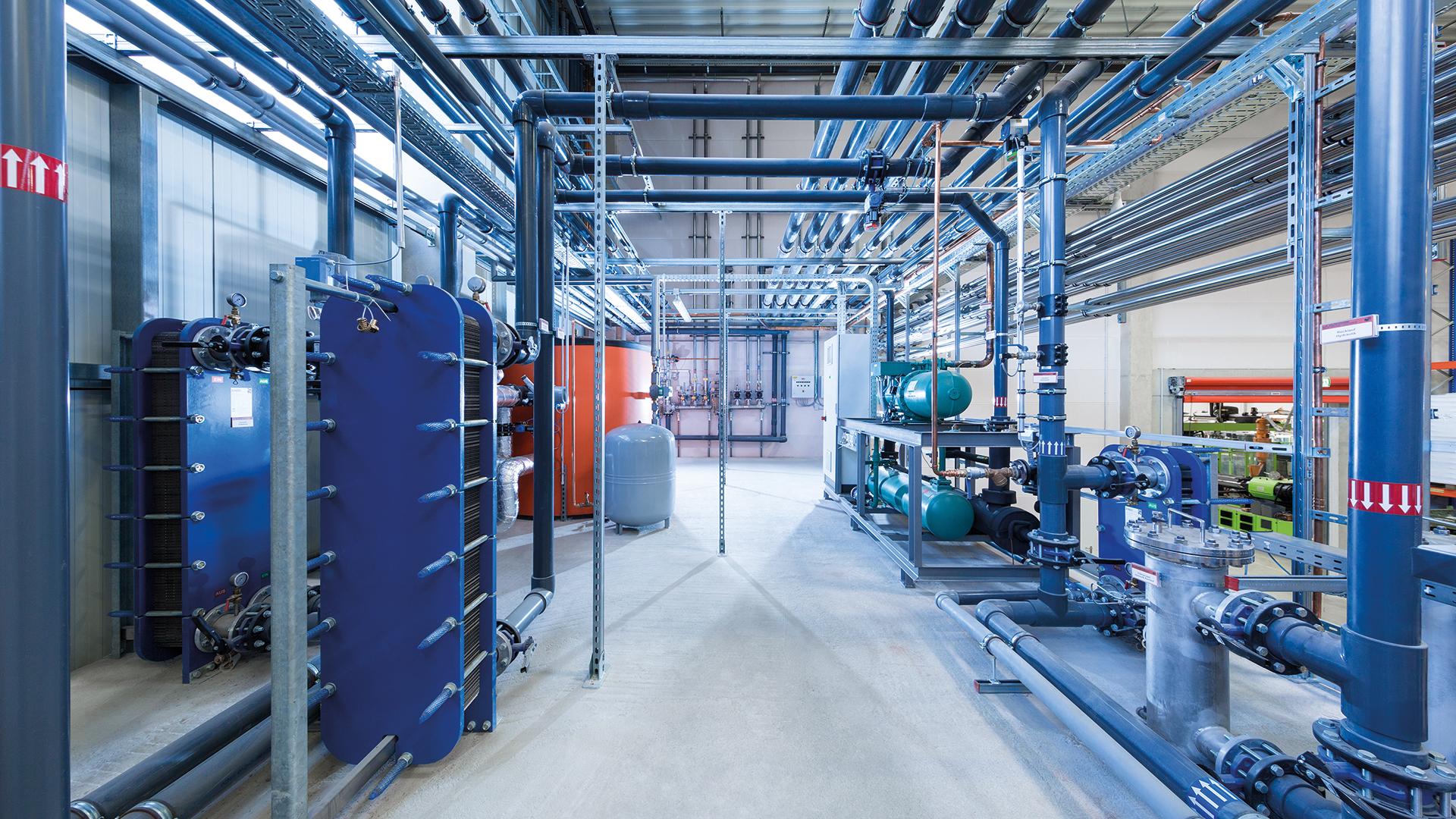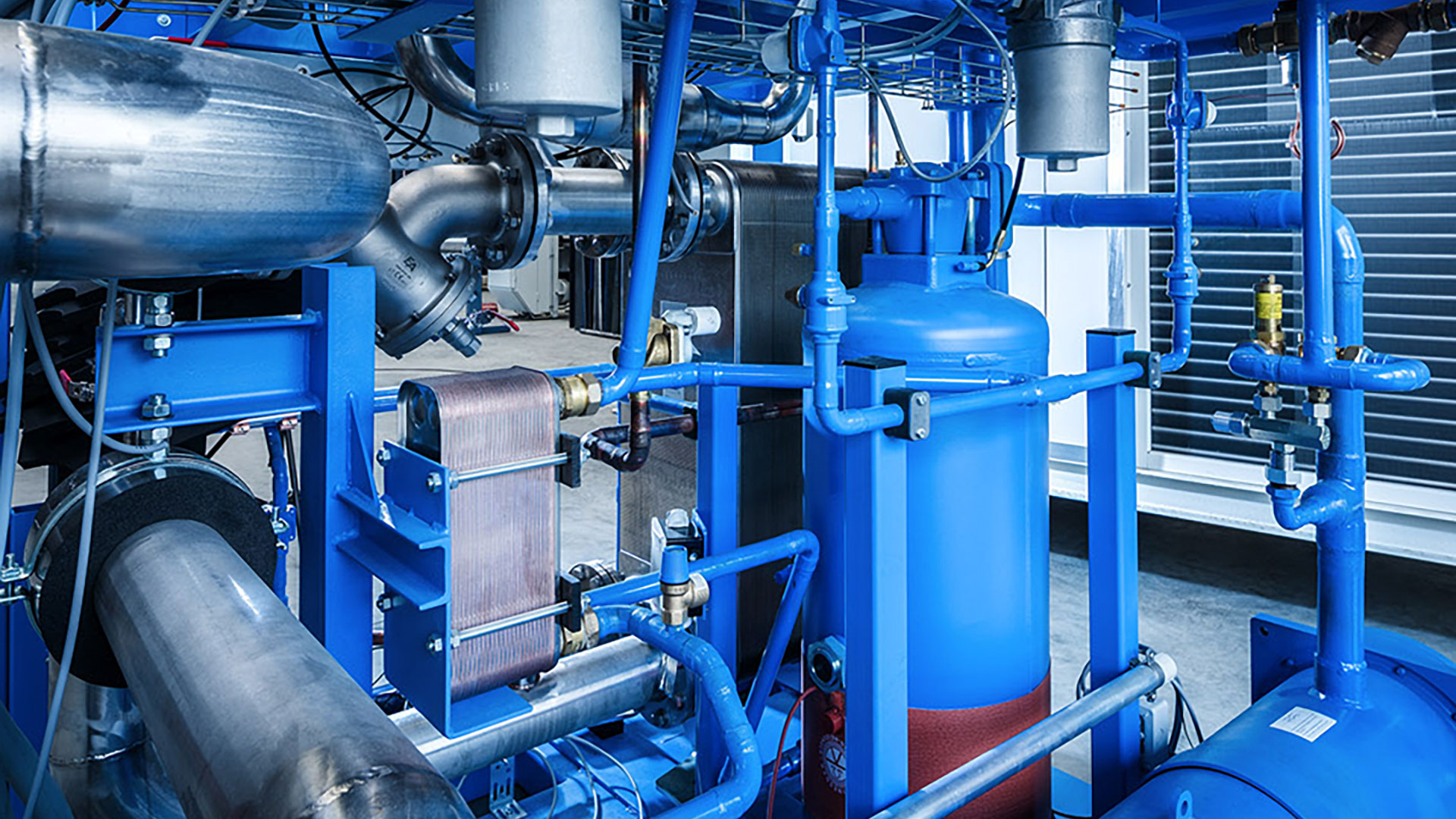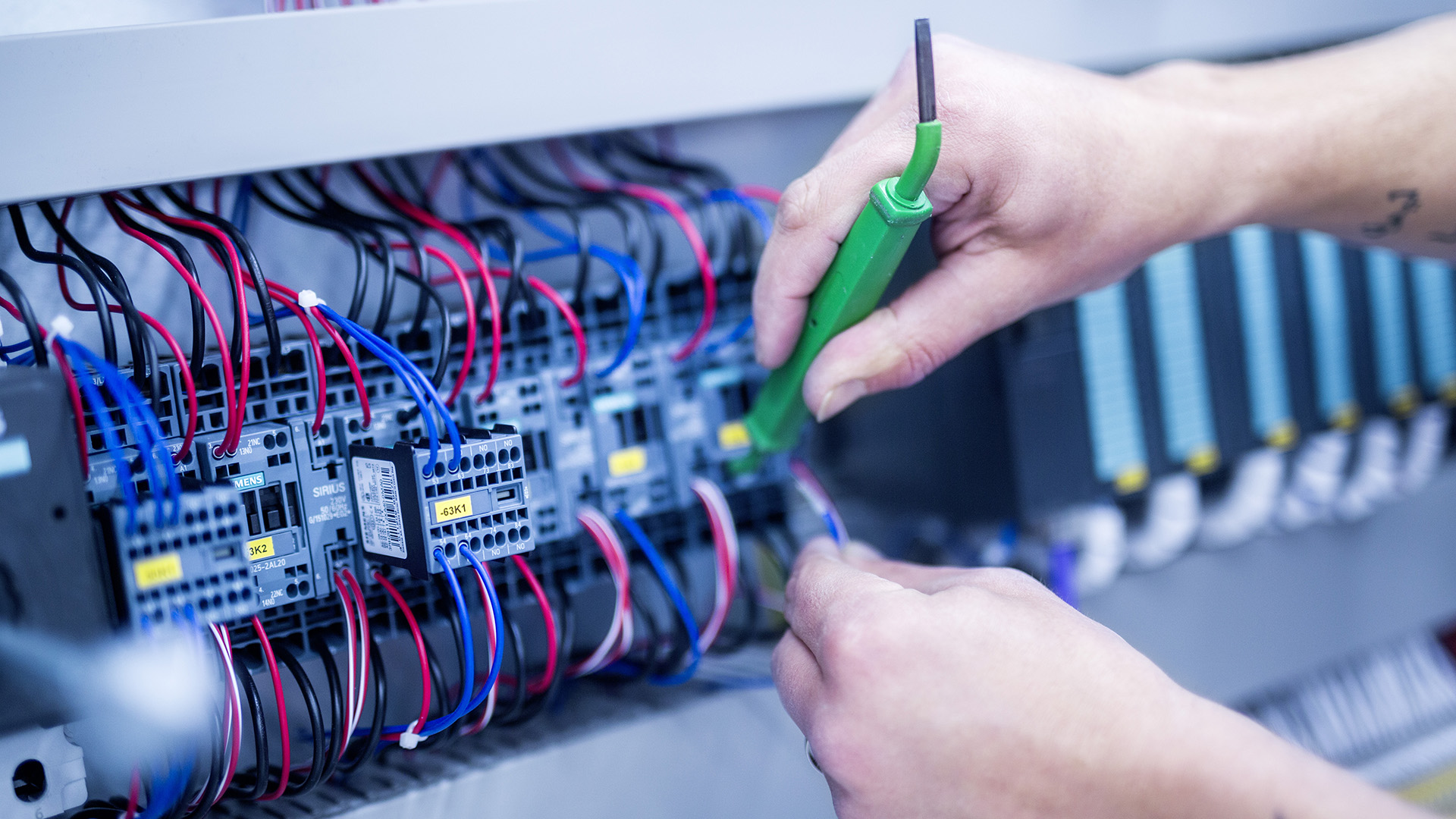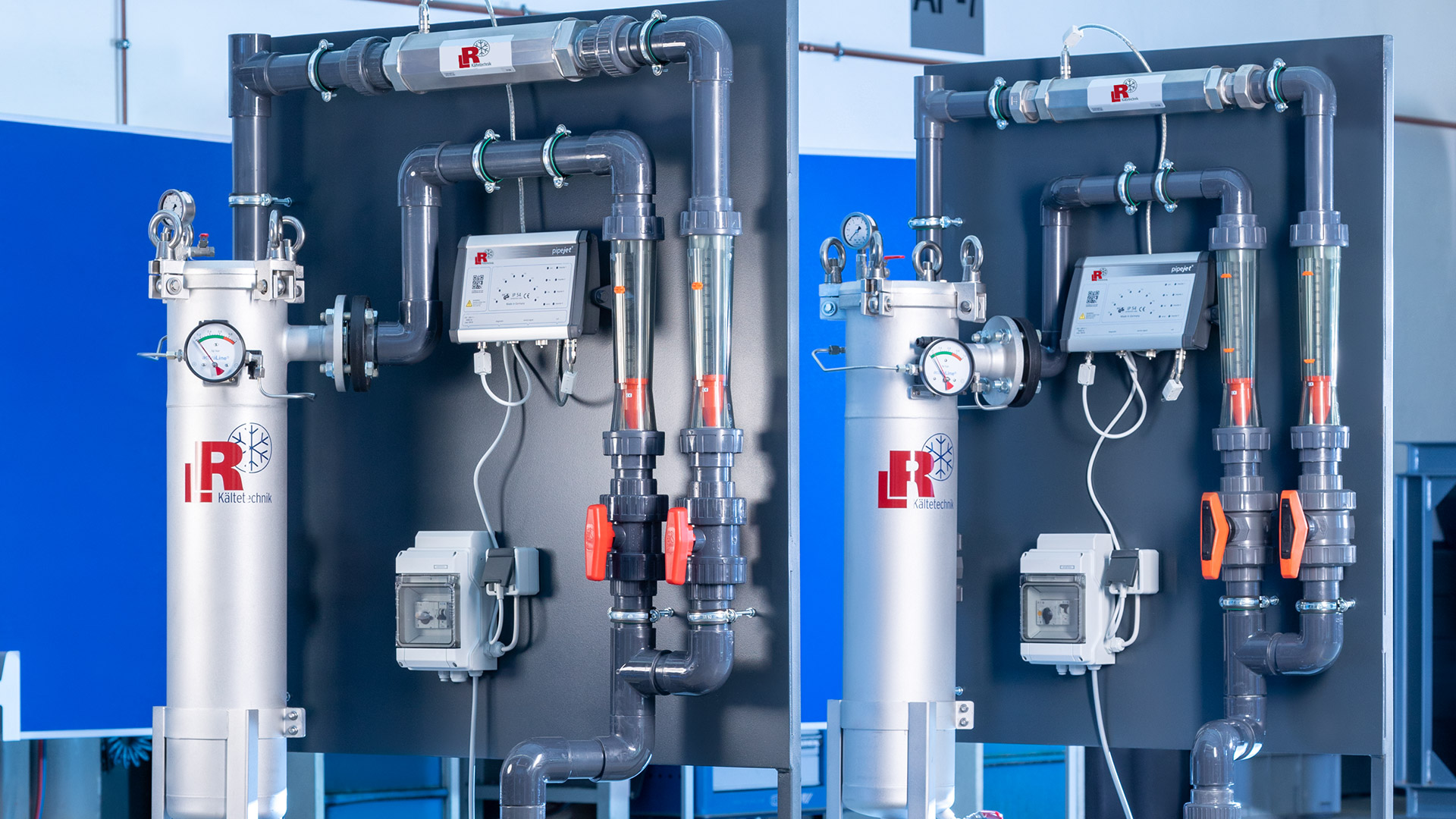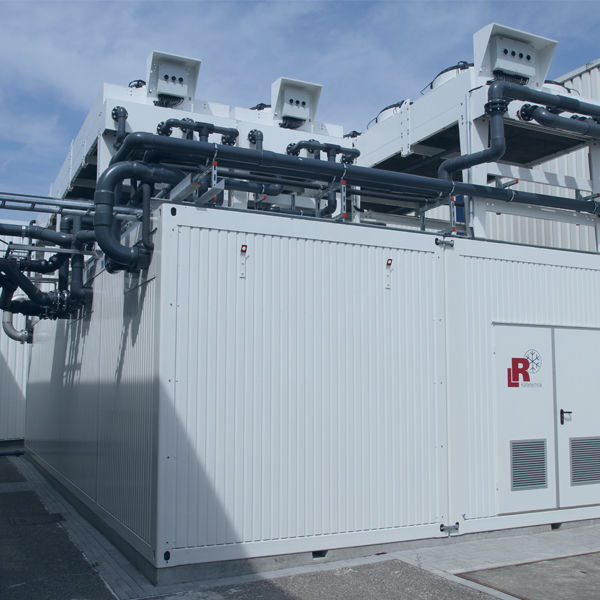As a partner of international brand manufacturers, the Weener Plastic Packaging Group has a global presence. The company develops and produces plastic packaging for, among others, cosmetics, body care products and food. Weener recently commissioned a new refrigeration system from L&R Kältetechnik at its plant in Ede, the Netherlands. The service is provided by the (new) L&R partner for the Benelux countries, PME B.V. in Breda.
Anyone who applies skin cream, uses a roll-on deodorant, drizzles honey on a roll or seasons a sausage with mustard is likely to be using a product from the Weener Plastic Packaging Group. Founded in 1960 in Weener, Lower Saxony, the company develops and manufactures innovative plastic packaging for personal care and cosmetic products, food and pharmaceuticals at 24 production sites. The product range includes hinged lids, screw caps, tube closures, valve closures, dispensing systems, cosmetic packaging and deodorant balls.
Good experiences
With around 2,000 employees, Weener generates an annual turnover of around €270 million. A number of acquisitions in recent years, such as the Dutch Plasticum Group in 2013, have also contributed to this success. The company operates a large production facility in Ede, the Netherlands, which has recently been expanded once again.
To supply the new injection moulding machines with refrigeration, the plant needed a new refrigeration system and turned to L&R Kältetechnik for this project. This is not surprising, as there are already several L&R refrigeration systems at the Plasticum plants.
A (not quite) typical refrigeration system for plastics technology
The plant designed and built by L&R corresponds in terms of design and many other details to a “typical” refrigeration system for a larger injection moulding plant. A split system with a separate condenser and an output of 300 kW provides 17 °C water for mould cooling; “winter relief” is provided by a free cooling unit.
For hydraulic cooling, a refrigerating machine with a capacity of 600 kW produces 30 °C water; the cooling water is completely re-cooled via free cooling units. In summer, the free cooling unit of the mould cooling system is switched to the hydraulic side.
Narrow temperature band due to short cycle times
The very small difference of only 1 to 2 K between flow and return temperatures is unusual. This is explained by the very short cycle times of the plastics machines, which run at high speed and produce very large quantities in virtually continuous operation. Therefore, large and precisely tempered quantities of cooling water must be continuously supplied to the machines. A 20 m3 tank for the tool circuit and a 15 m3 tank for the hydraulic circuit were supplied.
The result: Since the moulds are cooled down very quickly after the injection process, the injection-moulded products can also be ejected quickly and the next injection process can be started. Effective tool cooling helps to keep cycle times very short and, as a result, productivity high.
Container design offers advantages
Not quite common but increasingly desired is the integration of the complete system into a container – or, more precisely, into a double container. This has several advantages. No production space is required. The system is delivered fully assembled and ready for connection, and the components for outdoor installation (condenser and free cooling unit) are already mounted on the container roof as well.
A view into the system via remote monitoring
Another frequently used option is the router, which allows L&R service technicians to dial into the chiller control via “remote servicing”. This enables Weener’s maintenance staff to quickly seek professional advice in the event of irregularities. This increases operational safety. For the same reason, Weener decided, on the recommendation of L&R, to use double pumps in the tool and hydraulic circuits.
Demand-driven refrigeration
L&R systems are known for the efficiency of their refrigeration. In addition to the “winter relief” technology already mentioned, there are other energy-saving design features, such as a variable condensing temperature control, pumps with speed-controlled drives and fans with highly efficient EC motors. For a manufacturer of packaging for consumer goods, these are important system features. This is because pressure from the competition is high, and the need for the most economical production and highest output possible is no less pressing, even when producing high-quality, innovative primary packaging for sensitive goods like cosmetics.
Teamwork between L&R and PME
Project planning discussions already involved PME, L&R’s new sales and service partner in the Benelux countries. PME Plastic Machinery Equipment B.V. in Breda has extensive experience not only with plastics technology – as the company name suggests – but also in refrigeration technology: For many years, PME has been successfully selling and servicing lower performance level refrigeration products. Through its collaboration with L&R Kältetechnik, PME has expanded its portfolio in the field of professional industrial refrigeration and can also offer Weener reliable on-site service. This task is carried out by a service technician who has been looking after L&R refrigeration systems in the Netherlands for many years.
Designed for growth
L&R has designed Weener’s new refrigeration plant in Ede in such a way that it can be significantly expanded in a second expansion stage. This allows for the subsequent replacement of older refrigeration systems in existing factory buildings. This reduces the maintenance effort and, more importantly, the energy requirement. This is because newer generations of L&R refrigeration systems, owing to their numerous energy-saving features, consume significantly less energy than the old systems still used by Weener and many other plastics processors.
Sector
Plastics & rubber industry
System solution
Container refrigeration systems
